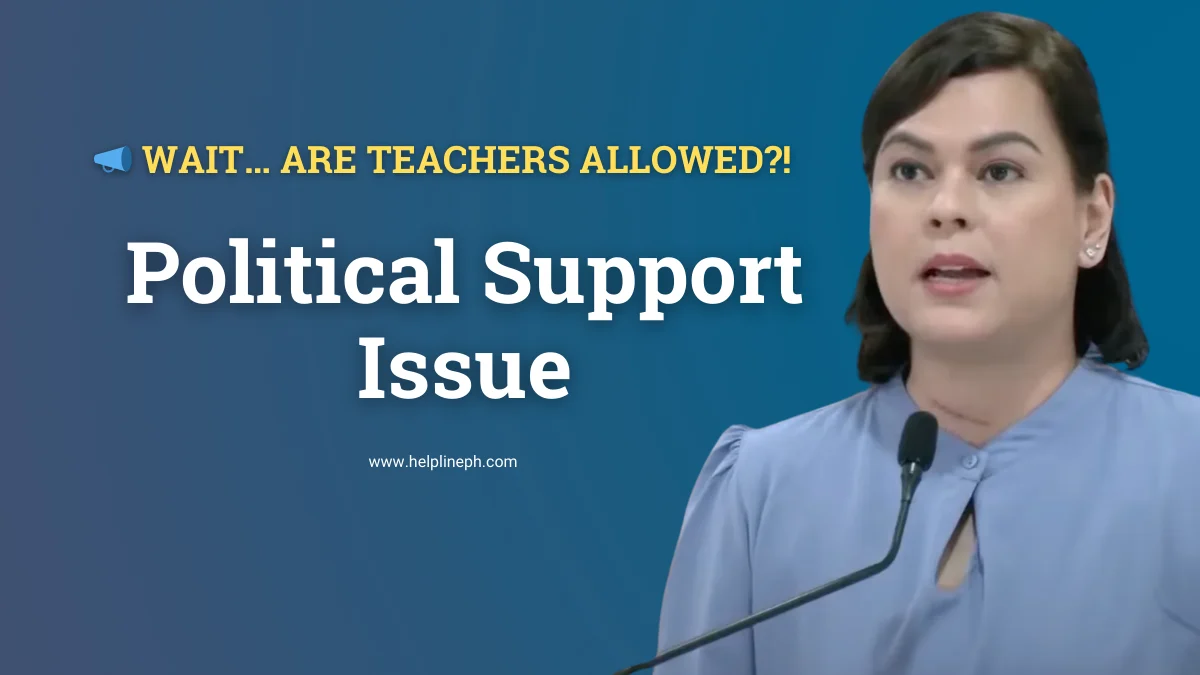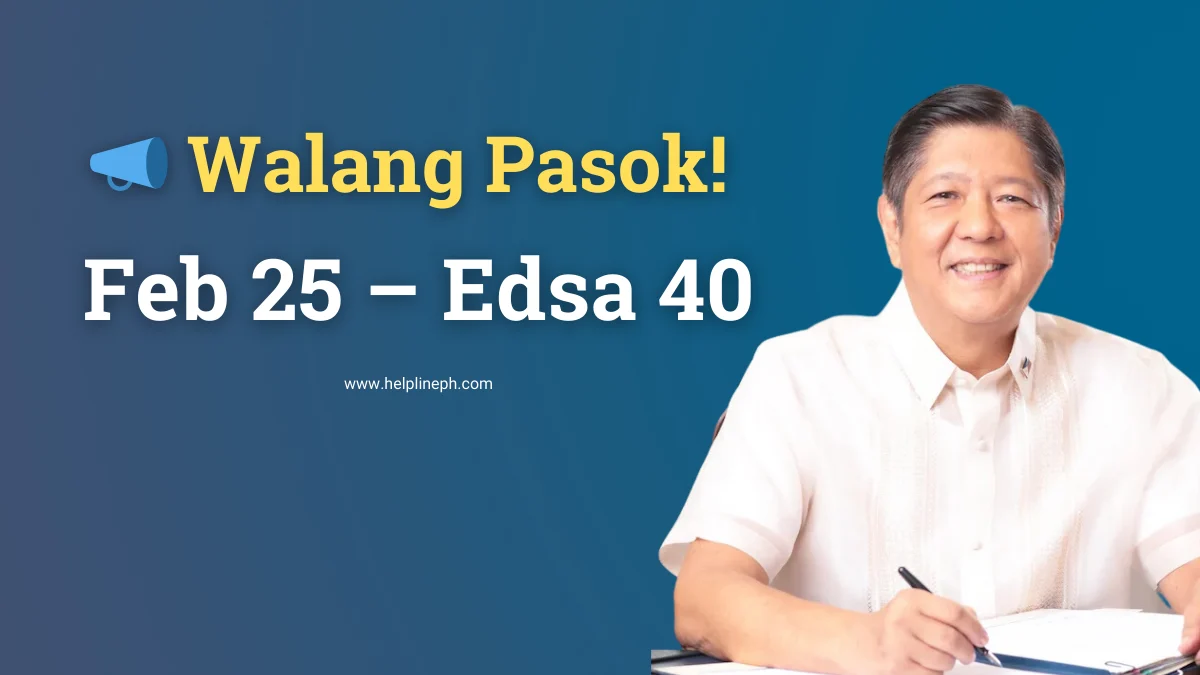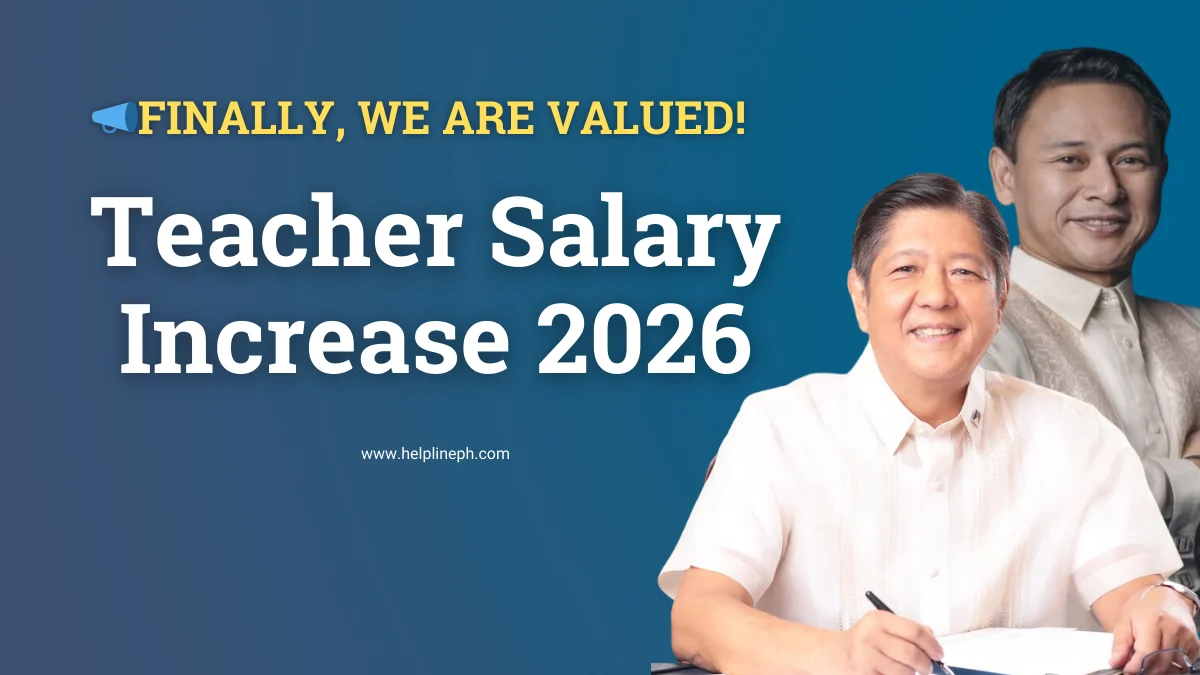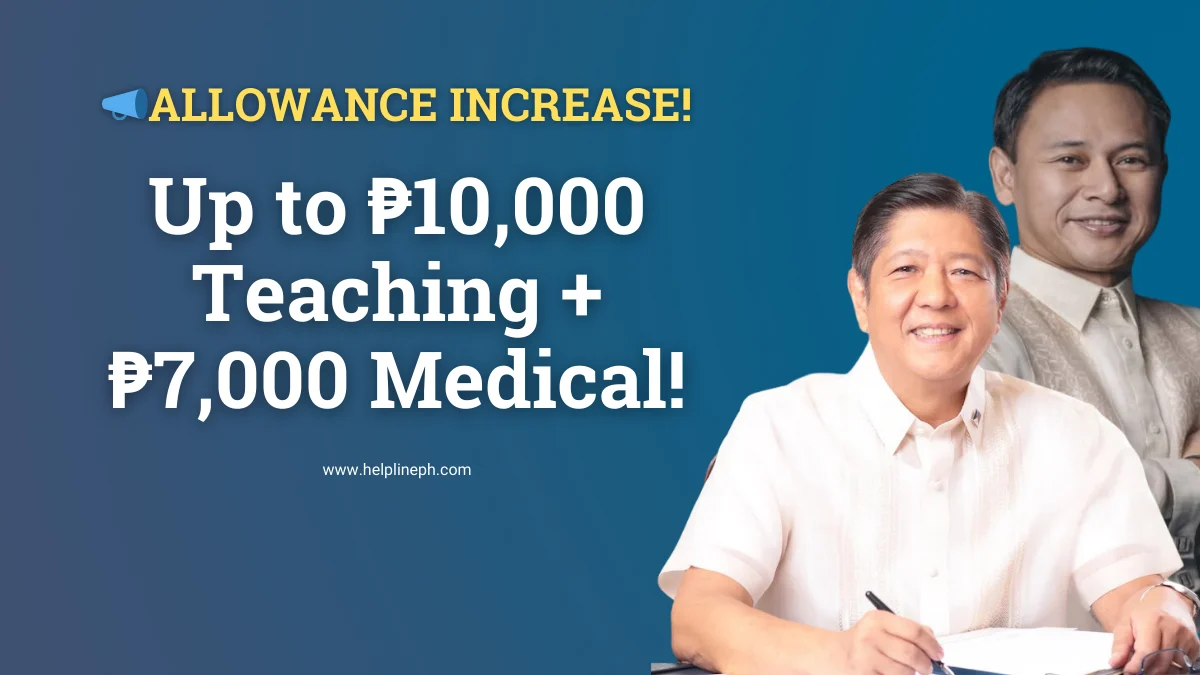Philippine Constitution Part 1 is one the topics that needs mastery in Civil Service Exam. Reviewees need to master the key points that are crucial and needs extra attention. To do this, the reviewee should read and understand each item with proper care. In taking Civil Service Exam, memorization is only a technique but it can’t help you pass the exam. It means that you have to read, understand and internalize the topics. Understanding the questions very well before analyzing it is the best trick to do.
In reviewing Philippine Constitution Part 1, the brain should act as a gallery. The reviewee must master retention of difficult points. There are choices and options but those are very close to the correct answer. To pick the best answer, the reviewee should master the techniques very well. With four difficult choices, only one is the answer. It takes wit and speed as well as control to point the answer in a matter of one (1) minute.
Some items in Philippine Constitution Part 1 are easy. Yet, the difficult questions outnumber the easy ones. During the review, it is best if you stay focus and think that the review is the real scenario. In this manner, you will be used to the flow of the process of the exam. The positive mentality is what matters the most and it will add to your advantage. Questions in each item may be difficult at first reading but as you read it twice, you will find it easy to answer. Philippine Constitution Part 1 is very important and this is one point that you need to practice.
Many said that Civil Service Exam is difficult to pass and it is agreeable. If an aspiring taker wishes to pass the examination, he/she must focus on the review to nail it!

Philippine Constitution Part 1
Direction: Choose the answer from the choices given.
1. It is that written by which the fundamental powers of the Philippine government are established, limited and by which their power is distributed among several branches for the benefit of the people.
1. Statutes
2. The Philippine Constitution
3. Republic Acts
4. Implementing Rules and Regulations
Ans: 2
2. The 1987 Philippine Constitution contain at least 3 sets of provisions. Which one of the following provisions is not included?
1. Constitution of University
2. Constitution of Government
3. Constitution of Liberty
4. Constitution of Sovereignty
Ans: 1
3. Which government branch has the duty to ascertain and give effect to the intent of the Constitutional provisions as adopted by its framers?
1. The Supreme Court
2. The Senate
3. The House of Representatives
4. The Presidency
Ans: 1
4. The “Rule of the Majority” is an unwritten law of a democratic government. For the Congress to the declare the existence of a state of war to call a constitutional convection. ________________
vote of all its respected members is required.
1. Simple majority
2. Minority
3. Two – thirds majority
4. Concurring
Ans: 3
5. This constitutional principle is meant that no man in the country, not even the government, is above or beyond the law .
1. Rule of the Majority
2. Bill of Rights
3. Rule of Law
4. Republican Law
Ans: 3
6. “The Philippines is a ____________ and ________________ state Sovereignty resides in the people and all government authority emanates from them”
1. Democratic – independent
2. Democratic – republican
3. Free – independent
4. Presidential – independent
Ans: 2
7. The Philippine Constitution Explicitly recognize that ______________ authority , at all times . supreme over the military. Its goal is to sovereignty of the State.
1. Presidential
2. Civilian
3. Democratic
4. Parliamentary
Ans: 2
8. The Legislative power shall be shall in the Congress of the Philippines which shall consist of _______________ .
1. The Supreme Court
2. The President and the Vice – President
3. The Senate and Justice Dept.
4. Senate and the house of Representatives
Ans: 4
9. Term of office for the Senate members under the 1987 Constitution shall be __________ .
1. Three (3) years
2. Four (4) years
3. Six (6) years
4. Nine (9) years
Ans: 3
10. Term of office for the members of the house of representation under the 1987 constitution.
1. Six (6) years
2. Nine (9) years
3. Three (3) years
4. Extendable
Ans: 3
11. The Executive power shall be vested upon ____________ .
1. The Congress
2. The President
3. The Senate President
4. The Chief Justice
Ans: 2
12. The President and the Vice President shall have the same term of office for____________ under the 1987 constitution.
1. Three (3) years
2. Six (6) years
3. Nine (9) years
4. Extendable
Ans: 2
13. Shall be the SOLE JUDGE of electoral dispute involving the President-elect and the Vice President elect under the 1987 constitution.
1. The Trail Courts
2. The Electoral Tribunal
3. The Supreme Court
4. The COMELEC
Ans: 3
14. It shall have the EXCLUSIVE power to INITIATE all cases of impeachment under the 1987 constitution.
1. The Supreme Court
2. The Legislature
3. The Supreme Court
4. The SANDIGANBAYAN
Ans: 2
15. It shall have the SOLE power to TRY all cases of Impeachment.
1. The House of Representative
2. The SANDIGANBAYAN
3. The Supreme Court Sitting En. Banc.
4. The Senate
Ans: 4
16. Refers to those non-dominant groups in our country which possesses and which to preserve ethnic, religious or linguistic tradition markedly different form the rest.
1. Religious Group
2. Population
3. Indigenous cultural group
4. Urban poor
Ans: 3
17. It is the declaration and enumeration of the individual rights and privileges which the constitution is designed to protect against violations by the government groups.
1. Civil Rights
2. Political Rights
3. Bill of Rights
4. Constitutional Rights.
Ans: 2
18. It signifies that “All persons subject to legislation , shall be treated alike , under like circumstances and conditions both in the privileges conferred and liabilities imposed . “
1. Bill of Rights
2. Political Rights
3. Constitutional Rights
4. “Equal Protection of Law“
Ans: 4
19. The power of the State to take or expropriate private property for public use upon paying the owner a just compensation to be ascertained according to law.
1. Police Power
2. Power of Taxation
3. Power of Eminent Domain
4. Emergency Power
Ans: 3
20. They are the rights of the citizens which give them the power to participate. directly or indirectly, in the establishment or administration of the government, the right of suffrage and information on matters of public concern .
1. Political rights
2. Civil rights
3. Constitutional rights
4. Economic rights
Ans: 1
21. They are the rights of the citizens which the law will enforce at the instance of private individuals for the purpose of securing their enjoyment of their means of happiness.
1. Constitutional Rights
2. Social and Economic Rights
3. Civil rights
4. Political rights
Ans: 3
22. They are rights intended to ensure the well – being and economic security of the individual, Among them are the right to property and just compensation.
1. Social and Economic rights
2. Cultural rights
3. Civil rights
4. Constitutional rights
Ans: 1
23. The power of the State to enact laws or regulations in relation to persons and properties as many promote public health, public morals, safety, general welfare and convenience of the people .
1. Power of Eminent Domain
2. Police Power
3. Power of Taxation
4. Emergency Power
Ans: 2
24. It is the power of the State to improve charge or burden upon persons, property or property rights for the use and support of the government and to enable it to discharge its appropriate functions.
1. Power of Eminent Domain
2. Power of Taxation
3. Police Power
4. Constitutional Powers
Ans: 3
25. It is the right and obligation to vote qualified citizens in the election of certain national and local officials of the government and in the decision of public questions submitted to the people.
1. Rights to Information
2. Rights to Suffrage
3. Electoral Vote
4. Freedom to Choose
Ans: 2
26. It is a method by which a public officer may be removed from office during his tenure or before the expiration of his term by a vote of the people after registration of a petition signed by a required percentage of the qualified voters.
1. Initiative
2. Recall
3. Referendum
4. Plebiscite
Ans: 2
27. It is a vote of the people expressing their choice for or against a proposed law or enactment submitted to them. It is applied to an election at which any proposal, amendment to , or revision of the Constitution is submitted to the people for their ratification .
1. Plebiscite
2. Referendum
3. Initiative
4. Special Election
Ans: 1
28. It is the process whereby the people directly propose and enact laws. The Constitution mandates the Congress to provide as early as possible a system of initiative and referendum.
1. Plebiscite
2. General Elections
3. Initiative
4. Recall
Ans: 3
29. It is the power to apply the laws to contests or disputes concerning legally recognized rights or duties between the State and private persons brought before the judicial tribunals.
1. Executive Powers
2. Legislative Powers
3. Judicial Powers
4. Emergency Powers
Ans: 3
30. It sets down in unequivocal terms the mandate that all government officials and employees, shall at the all times, be answered for their misconduct to the people.
1. Rights
2. Public trust
3. Responsibility
4. Accountability
Ans: 4
To download this reviewer, click HERE. God bless!





